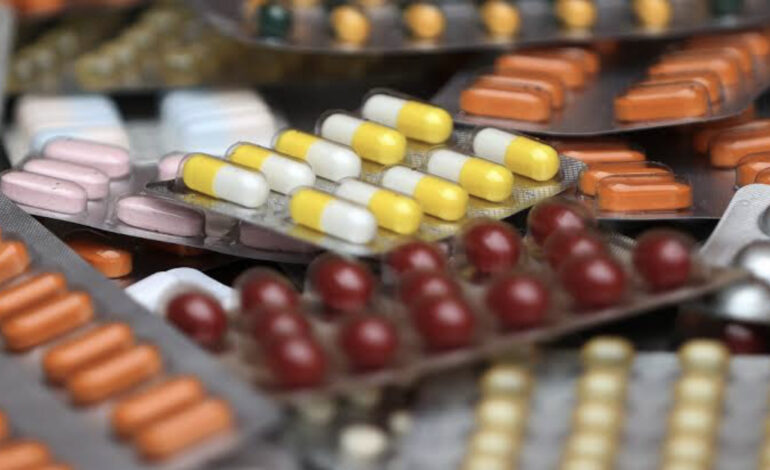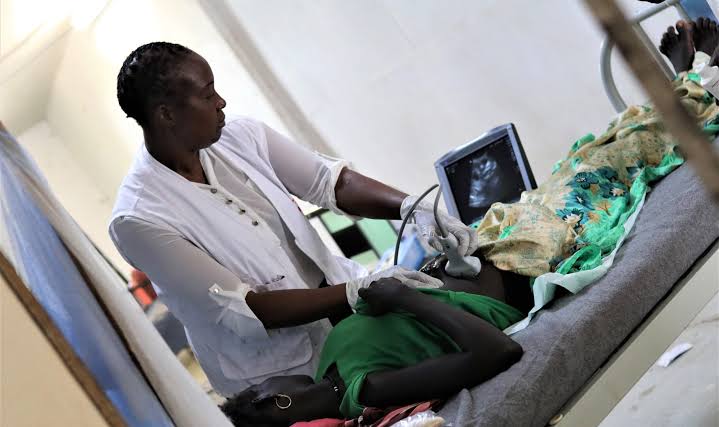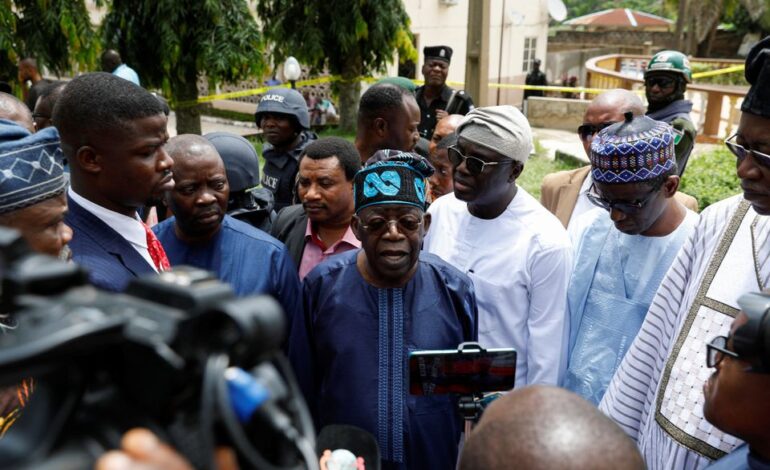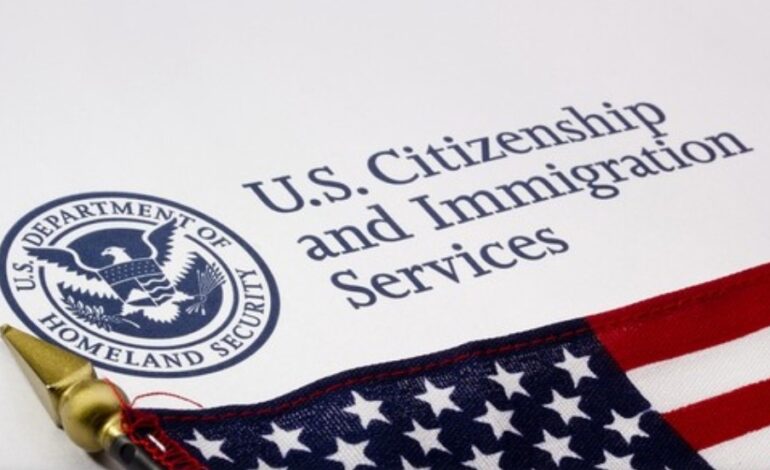
Faith Nyasuguta
Sudan’s patients requiring urgent medical care are feeling the pinch of the ongoing political turmoil, as well as high-level inflation, as the price of drugs hits the roof.
The combination of the two issues have seen prices of basic medicine rise uncontrollably as ordinary citizens struggle to use the ever-weakening Sudanese pound to make purchases, in a country where civilians are already bearing the burden of high cost of food and fuel.
Some have been pushed to decide which is easier to handle: eat and die from sickness or get medicine and starve.
This week, pharmaceutical sellers have justified price hikes, citing higher import bills from a weak Sudanese Pound. They say they are pushing the extra costs onto consumers.

Sudan, which had a relatively strong local pharmaceutical industry for basic drugs, has also said the raw materials have become expensive, prompting a raise in medicine prices by 30 percent.
Nasr Morgos, who heads the Pharmacists Union from Khartoum, said that local companies that manufacture the drugs import most of the raw materials from abroad.
“The medicine is available, but it is not accessible to everyone,” Nasr said.
“Unfortunately, the ordinary citizen is facing a dilemma, for example, you find someone unable to buy one of the four medicines that are prescribed. I think this leads to a very big problem because the treatment is incomplete [and] the sickness condition gets undertreated.”
Taking an under dose, Dr Morgos explained, could lead to future problems including inability of the prescription to treat the same disease should the person get it again.
“We as pharmacists are very sensitive to the situation of our people. But we cannot help them by providing them with one or two or more medicines and leave out the rest.”
“In addition, even if I were to help a patient by discounting my profit and dispensing the drugs at the price of importation, most will still be unable to get the full medicine,” Dr Morgos added.
Sudan’s problems have deepened since the October 25 coup last year when a transitional government of Prime Minister Abdalla Hamdok was ousted by the military, accusing it of internal wrangles.
Since then, the country has been unable to create a new transitional administration as civilian groups refuse any engagements with the military which they want to stay out of a government.




